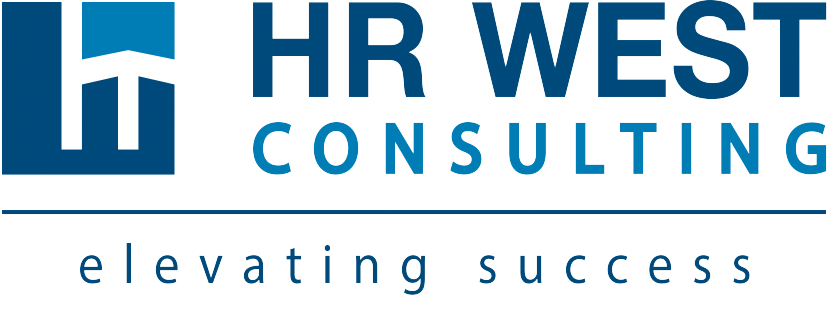Employee wellness programs are nearly a required feature of employer value propositions. However, designing a cost-effective, meaningful program that provides value to employees AND the employer is challenging.
This was the focus of my chat with Reena Vokoun. She’s the owner of Passion Fit which works with employers to build meaningful wellness programs. She also wrote The Wellness Empowered Woman.
Some of her key points:
⏱️ Timeless but Flexible: A wellness program should be designed to stand the test of time, but still be flexible enough to accommodate the changing needs and interests of employees. Broader societal changes will impact the health of employees and what you might want to include.
🏹 Aligned with Corporate Values and Culture: A wellness program should align with the company’s values and culture so it reinforces your direction.
🏹 Aligned with Employee Needs: You must have input from employees themselves to ensure the program fits them. Involve employees in the program’s design, implementation, and maintenance.
📈 Measuring Success: Like many parts of HR, measuring success can be challenging because it’s people. However there are several, relevant metrics like participation rates, satisfaction, attendance, and health plan usage. It will take time to see the impact.
Reena can be found through her company, Passion Fit, at https://passionfit.com/.

